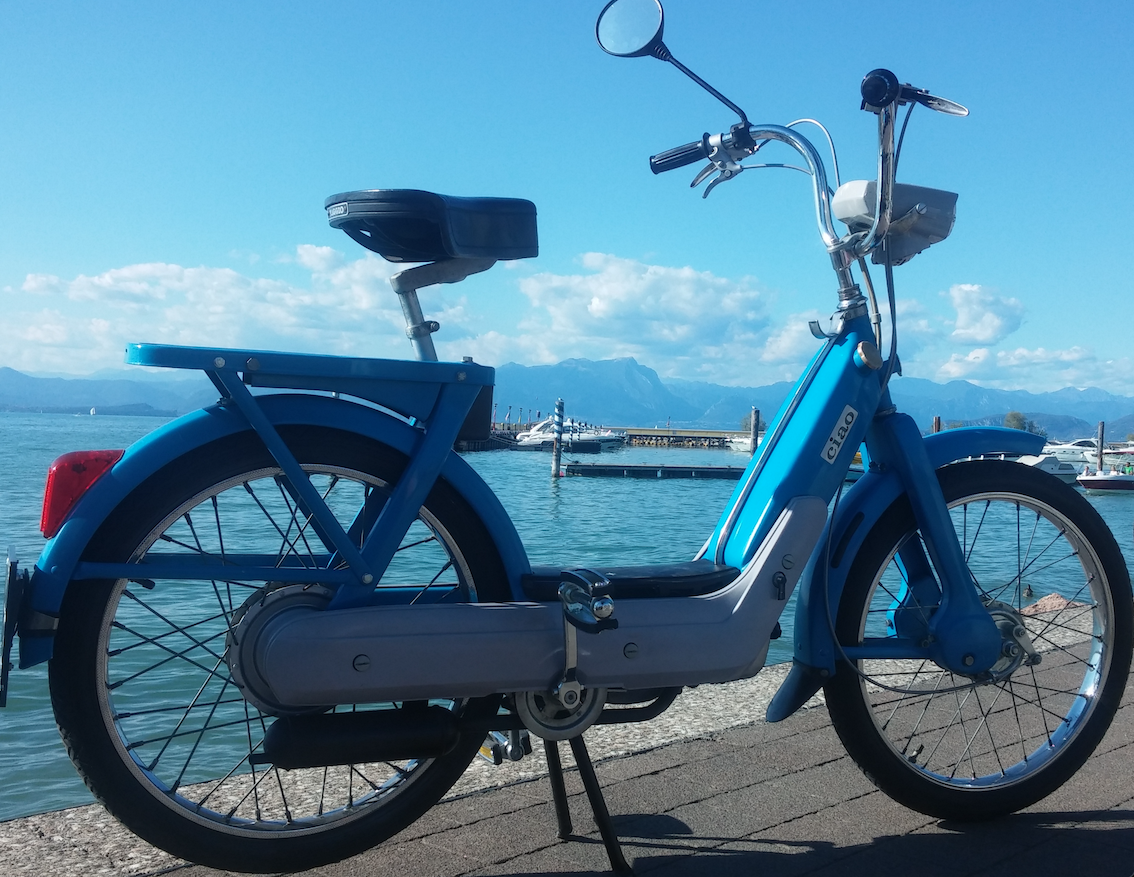CIAO, a little word travelling the world

Ciao!
This first blog post is all about ciao, one of the most commonly used Italian words, outside of Italy.
Why have I chosen this word?
Because of its fascinating etymology, the captivating stories it holds, and the diverse people who use it.
Also: ciao is not tied to Italy's renowned influence in arts, music, or cuisine, the three most influential domains for the Italian language, at an international level.
Instead, it's a simple greeting with a rich history and global reach.
Curious to learn more about its journey and cultural impact? Read on and discover how this small word bridges cultures and connects people worldwide.
Apart from some English-speaking countries, ciao is widespread in many other non-Italian-speaking regions, especially at the end of conversations.
Let's have a look at what makes ciao so appealing globally, and see where people would use it on a regular basis.
In southern Germany, particularly Bavaria, ciao is as common as "tschüss.", a German word used at the end of a casual conversation.
Similar sounding words like "čao," "čiau," and "čau" are used in Slovak, Czech, and various Slavic languages.
I remember feeling quite confused when I heard a man ending his phone call with "Ciao ciao" after speaking in Romanian throughout the conversation.
Staying in Europe: even in France (!), though less common," you might hear "tchao."
In Portugal and many South American countries like Argentina, Chile, Brazil, and Uruguay, the words "tchau" and "chao" are widely used.
Don't be misled by the spelling, it's just the same word.
A pretty long journey for a four letter word!
If you want to know where everything started, just keep reading.
The etymology (the history, origin and the changes of form and meaning of a word) of ciao is fascinating.
It originates from the Venetian greeting "s-cia(v)o," meaning "slave," which was used to express respect and loyalty. Venice, a significant hub for commerce, arts, and culture, greatly influenced Europe.
Expressions like "vi sono schiavo" appear in the works of Venetian playwright Carlo Goldoni.
Similar greetings like are still used today, but you would not guess where: in southern Germany!
There, "servus" is still used as an alternative to "tschüss" and "ciao," retaining the same meaning, but without any servile connotations. Did you know about this?
Fast forward to 1900 now.
Italian migrants in the 20th century, along with Italy's growing popularity as a tourist destination post-World War II, likely played significant roles in spreading our super hero greeting.
The influence of Italian cinema and literature, such as Ernest Hemingway's use of ciao in his novel "A Farewell to Arms," also contributed to its global popularity.
Also, the partisan song "Bella ciao" having a second life as the theme song in the Spanish crime drama tv series "La casa de papel" (Money Heist)
And finally, a fun fact: what is the name of the scooter in the picture?
Of course, it's Ciao, one of the best-selling Piaggio mopeds in Italy from 1967 to 2006.